Your body needs these 13 vitamins
“Eat your vitamins!” – a phrase we hear from an early age and a word that is familiar to all of us. But what exactly are vitamins, why are they so important for our bodies and what happens if we don’t get enough of them? This article provides answers to these questions and presents the 13 most important vitamins that every human body – and therefore your body – needs!

“What exactly are vitamins?”
If this question ever comes back from a child, we can help with an answer that everyone understands:
Vitamins are little helper substances that our bodies need to stay healthy and strong. Think of vitamins as tiny tools that perform different tasks in the body – they help us to have energy, make our immune system strong and even keep our skin, hair and bones healthy. The special thing: Our body cannot produce most vitamins itself, so we have to get them from our diet, for example from fruit, vegetables or dairy products. Alternatively, food supplements can also bring vitamins into the body.
The 13 essential vitamins at a glance:
There are 13 essential vitamins, which are divided into two main categories:
- Fat-soluble vitamins: These vitamins can be stored in body fat. These include vitamins A, D, E and K.
- Water-soluble vitamins: These vitamins must be taken regularly through food as they are not stored in the body. These include the B vitamins (B1, B2, B3, B5, B6, B7, B9, B12) and vitamin C.

1. Vitamin A (retinol)
- Function: Vitamin A is crucial for good eyesight, healthy skin, immune function and cell division.
- Sources: Liver, fish oil, dairy products, eggs, carrots, sweet potatoes, spinach.
- Deficiency symptoms: Night blindness, dry skin, weakened immune system.
- Possible symptoms of an overdose: headaches, dizziness, nausea (with fat-soluble vitamins there is a risk of accumulation in the body).

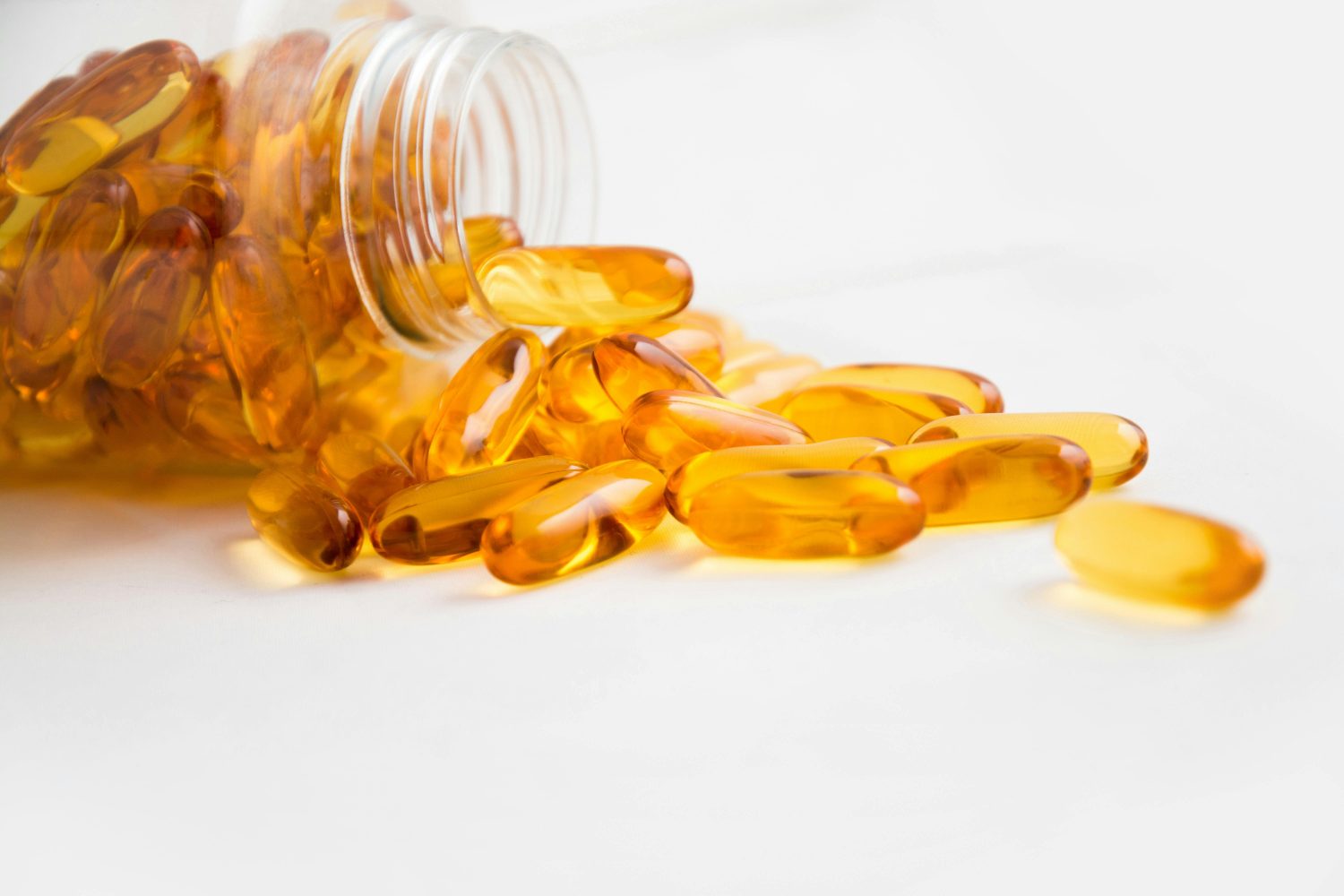





2. Vitamin C (ascorbic acid)
- Function: A powerful antioxidant that supports immune function and promotes collagen production.
- Sources: Citrus fruits, berries, capsicum, broccoli.
- Deficiency symptoms: Bleeding gums, poor wound healing, weakness, joint and muscle pain, fatigue, bleeding under the skin, loosening and loss of teeth, anaemia (anaemia)
- Possible symptoms of an overdose: gastrointestinal problems such as diarrhoea, nausea and abdominal cramps may occur.



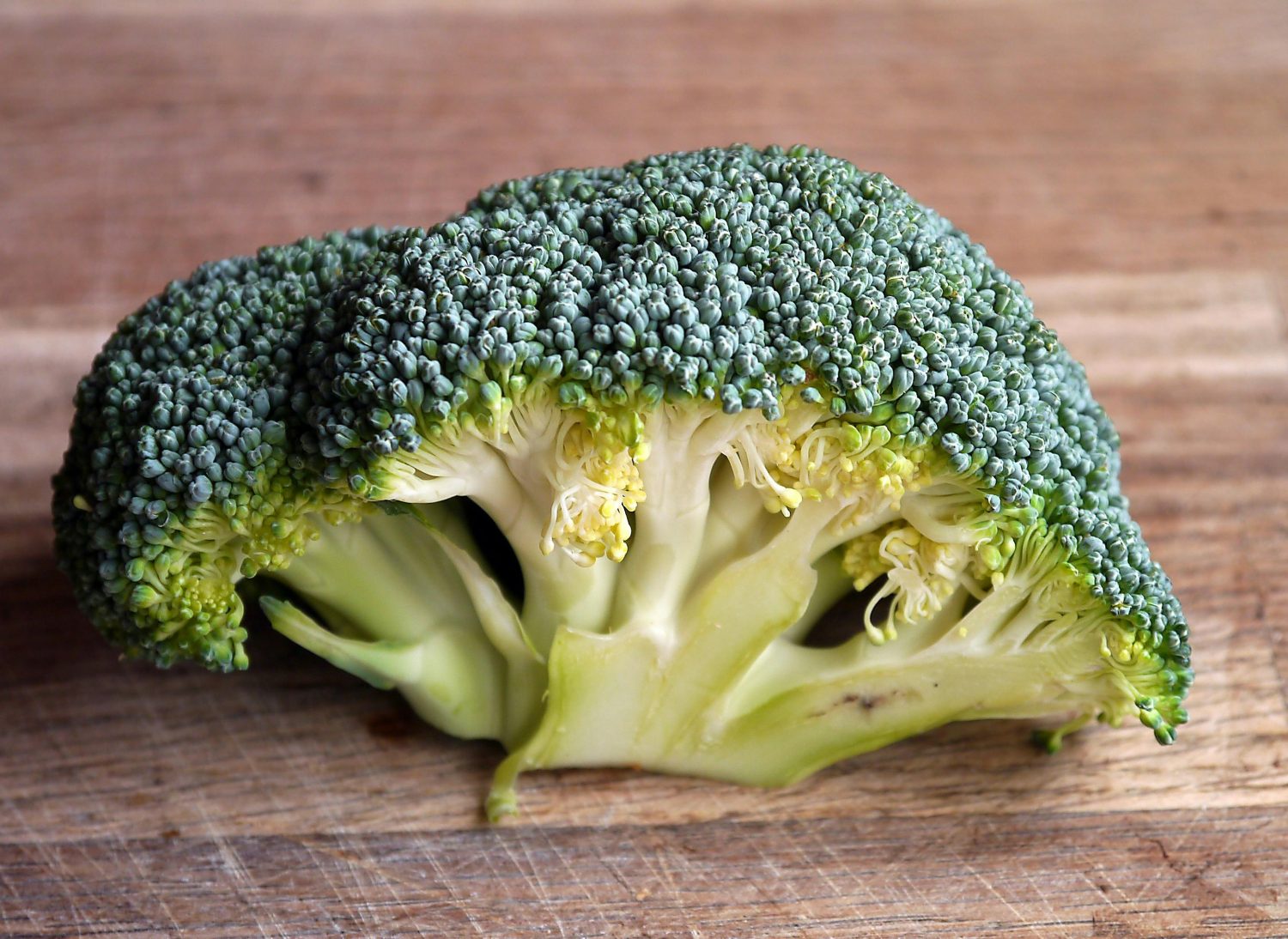
3. Vitamin D
- Function: Important for bone health as it regulates the absorption of calcium and phosphate. Also supports immune function.
- Sources: Sunlight (body synthesis), oily fish (salmon, mackerel), egg yolk, fortified dairy products.
- Deficiency symptoms: Soft bones (rickets in children, osteomalacia in adults), increased risk of infections.
- Possible symptoms of an overdose: calcium deposits in organs, nausea, weakness.




4. Vitamin E (tocopherol)
- Function: A powerful antioxidant that protects cells from damage caused by free radicals. Promotes skin health and strengthens the immune system.
- Sources: Vegetable oils (sunflower oil, wheat germ oil), nuts, seeds, green leafy vegetables.
- Deficiency symptoms: Neurological problems, muscle weakness, anaemia.
- Possible symptoms of an overdose: blood thinning, increased risk of bleeding.

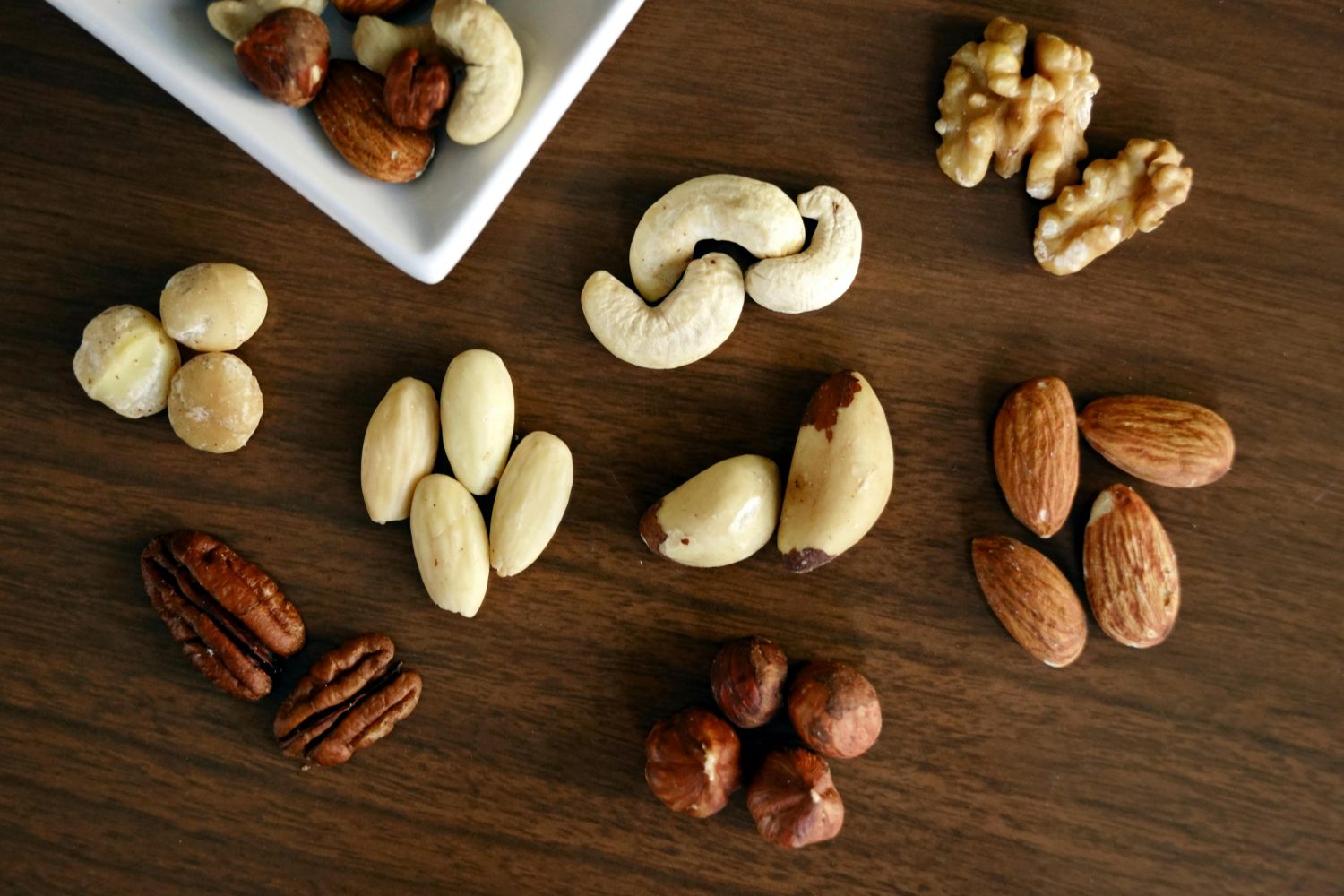


5. Vitamin K
- Function: Important for blood clotting and calcium metabolism in the bones.
- Sources: Green leafy vegetables (spinach, cabbage), broccoli, soya beans.
- Deficiency symptoms: Prolonged blood clotting time, increased risk of bleeding.
- Possible symptoms of an overdose: Rare, as it is not stored in the body.


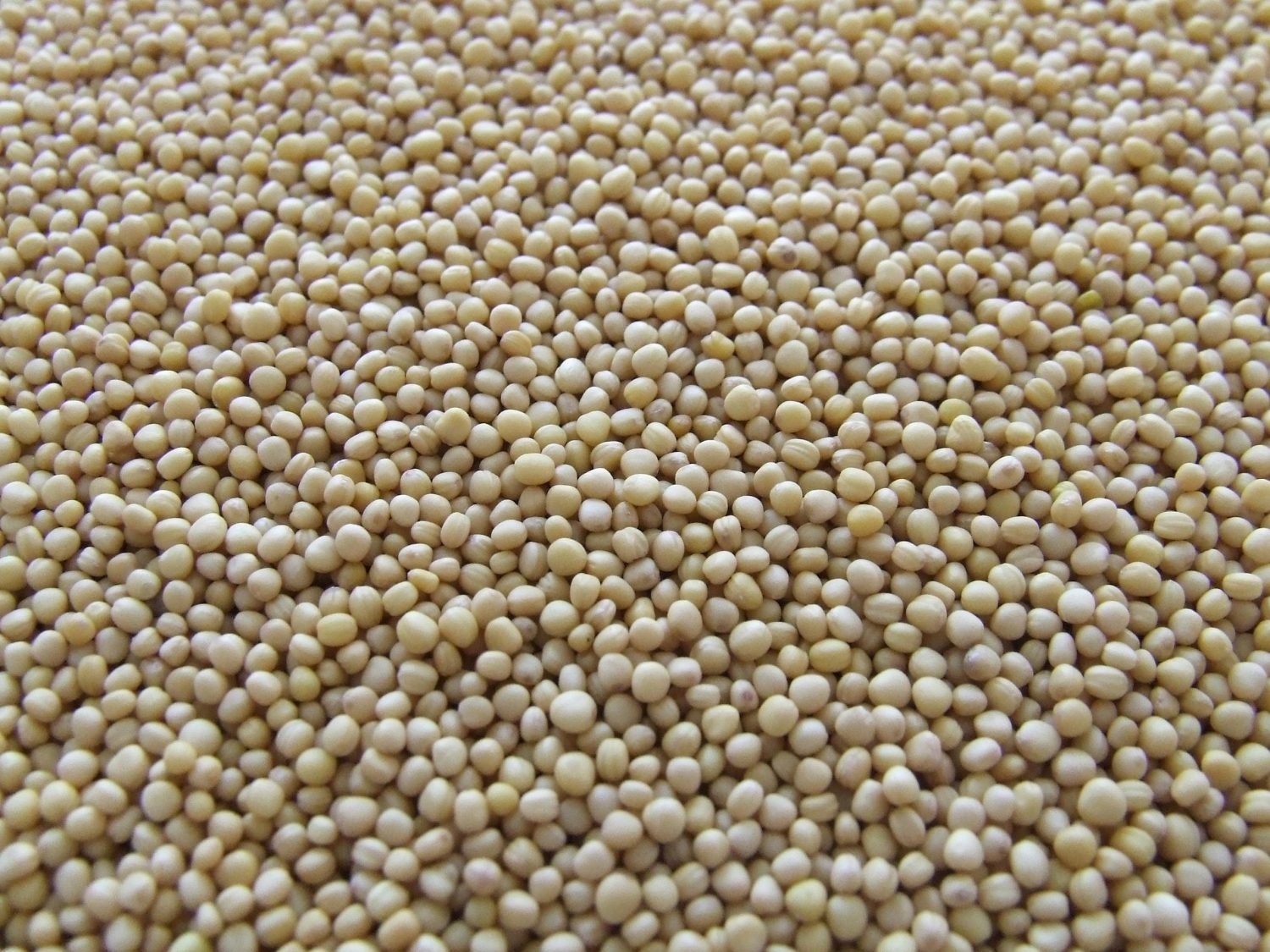
The B vitamins (water-soluble vitamins)
6. Vitamin B1 (thiamine)
- Function: Plays a key role in carbohydrate metabolism and energy production. Important for the nervous system.
- Sources: Wholemeal products, pork, pulses, nuts.
- Deficiency symptoms: Beriberi (muscle weakness, cardiovascular problems), nerve damage.
- Possible symptoms in the event of an overdose: Overdoses are rare, as excess thiamine is excreted in the urine. In very high doses, headaches, sweating or nerve damage may occur.




7. Vitamin B2 (riboflavin)
- Function: Necessary for energy production and the breakdown of fats, drugs and steroids.
- Sources: Milk, eggs, meat, green leafy vegetables.
- Deficiency symptoms: Skin rashes, sore tongue, cracks at the corners of the mouth.
- Possible symptoms of an overdose: No known toxic effects, as excess riboflavin is excreted in the urine (yellow colouring of the urine may occur).




8. Vitamin B3 (niacin)
- Function: Supports energy production and promotes skin and nerve health. Plays a role in DNA repair.
- Sources: Meat, fish, wholemeal products, peanuts.
- Deficiency symptoms: Pellagra (dermatitis, diarrhoea, dementia).
- Possible symptoms of an overdose: reddening of the skin (flushing), itching, gastrointestinal complaints, liver damage (at very high doses).



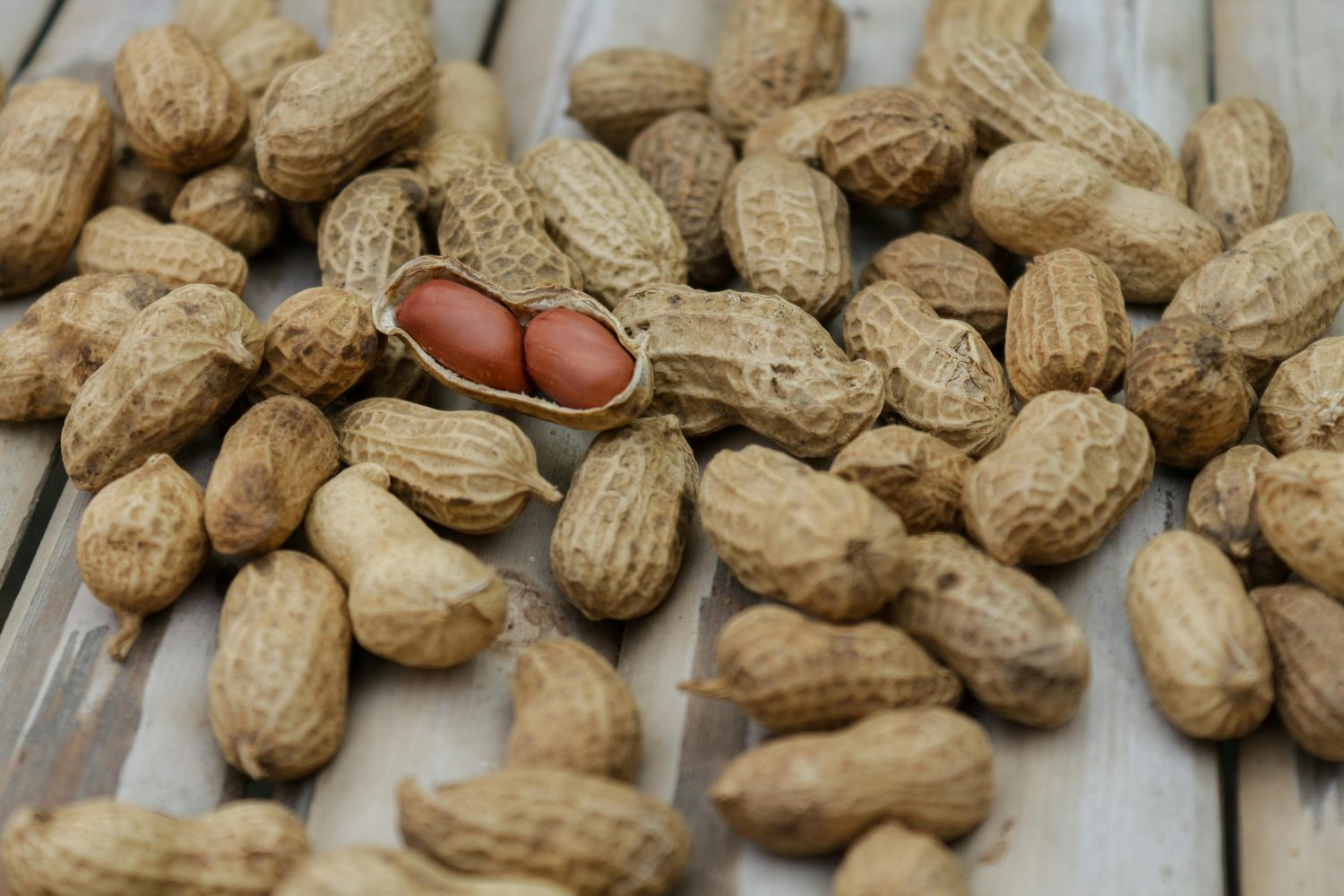
9. Vitamin B5 (pantothenic acid)
- Function: Essential for the production of coenzyme A, which is involved in the metabolism of carbohydrates and fats.
- Sources: Meat, fish, wholemeal products, avocados.
- Deficiency symptoms: Rare, but tiredness and irritability may occur.
- Possible symptoms of an overdose: Gastrointestinal problems such as diarrhoea (with extremely high intake).




10. Vitamin B6 (pyridoxine)
- Function: Important for amino acid synthesis, metabolism and the formation of neurotransmitters.
- Sources: Meat, poultry, fish, potatoes, bananas.
- Deficiency symptoms: Anaemia, weakness, irritability, depression.
- Possible symptoms of an overdose: nerve damage (neuropathy), tingling or numbness in hands and feet, coordination disorders.





11. Vitamin B7 (biotin)
- Function: Supports fatty acid metabolism and the health of hair, skin and nails.
- Sources: Eggs, nuts, seeds, liver.
- Deficiency symptoms: Hair loss, skin rashes, tiredness.
- Possible symptoms in case of overdose: No known toxic effects in case of overdose.




12. Vitamin B9 (folic acid)
- Function: Important for DNA synthesis and cell division. Particularly important during pregnancy for the development of the foetus.
- Sources: Dark green leafy vegetables, pulses, fortified cereal products.
- Deficiency symptoms: Anaemia, exhaustion, complications during pregnancy.
- Possible symptoms of an overdose: masking of a vitamin B12 deficiency, nerve damage (indirectly due to B12 deficiency).



13. Vitamin B12 (cobalamin)
- Function: Supports the formation of red blood cells, DNA synthesis and nerve health.
- Sources: Meat, fish, eggs, dairy products.
- Deficiency symptoms: Anaemia, nerve damage, memory loss, fatigue.
- Possible symptoms of an overdose: No known toxic effects, as excess B12 is stored in the body and is only released slowly.




Find out more about vitamins in our encyclopaedia. There you will also find easy-to-understand explanations of other similar and other topics.